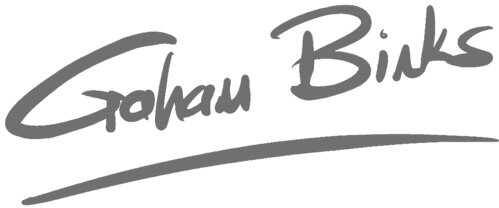Minimal Effort Means Avoiding Work
/"How do we know we're doing enough?" is a question I often get from business leaders. My response is to start by making sure you're not doing too much.
When you define a successful outcome and think through the work required to reach that goal, it's natural for the planning process to proceed from start to finish. If you're repeating work that someone on the team has done before, they can attest to the steps taken last time. If that worked well, go for it.
But if you haven't perfected this kind of work (or your team hasn't experienced it at all), there'll be guesswork in the plan. And with guesswork, comes extraneous effort. I've seen many plans that specified work which turned out to be detached from the critical outcomes of the project.
The exercise below provides a simple review for your team to make sure your projects are not wasteful. The test works best when applied to nearly finished plans before the work commences. It also works well as a retrospective for a completed project, often highlighting ways that work can be saved in future.
Being Minimalist
Apply this test to the last project you completed. Then apply it to the next one you're planning
- List the ten project activities that took the most effort to complete.
- Rank these activities by their importance to the project outcome - highest contribution to lowest.
- Starting with the lowest ranked activity, ask whether the project would have been a success if this activity had been skipped.
If the answer is "Yes!", congratulations. You've found an activity that is not required on the plan. Take it out and save everyone time and energy. Then repeat the exercise with the next activity up the list.
As ever, share your results with me at graham@primeFusion.ca and I'll suggest other ways you can avoid wasteful work.

